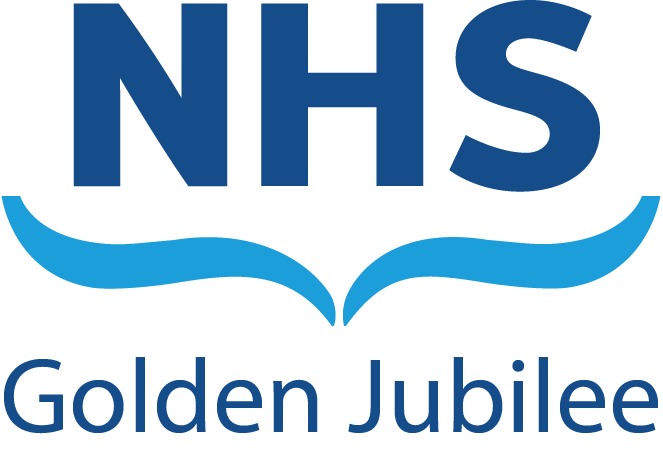Coping with symptoms
The main symptoms of PAH are breathlessness, fatigue, dizziness, chest pain and swollen ankles.
Breathlessness
Breathlessness is not dangerous. It is however frightening, disabling and uncomfortable. Breathing control and learning to relax can help breathing to be more effective. You can control your breathing by inhaling in through your nose for a count of two and out through your mouth for a count of four. Try to keep you shoulders relaxed.
It is important that you continue to be as active as possible. You should always remember the three P’s – prioritise, plan and pace. Prioritise what you want to do, start with the important things that you want to achieve today. Plan how you are going to go about the activity and pace yourself. Do not rush to try and get it done quickly – take your time. Always stop an activity earlier than your upper limit of breathlessness so that you have some reserve once you have stopped. When you stop an activity, your breathlessness may get worse before it starts to recover. This is because when you stop moving, your muscles are not able to help pump the blood and oxygen round your body but there is still an ‘oxygen debt’ to be paid to the body. If you stop when you are still in control of your breathing you are unlikely to feel out of control once you stop.
Do not allow yourself to become more than moderately breathless while you are doing something. You should be able to talk a little as you do something, if you can’t talk you need to slow down. Move to the rhythm of your breathing. Slow your pace to match your breathing - don’t speed your breathing up to match your pace.
If you do get very breathless during an activity, STOP. Try not to panic. Panic increases your heart rate and use of oxygen and causes your air passages to narrow so you will feel even more breathless. Try to slow your breathing down by breathing in through your nose and out through your mouth. Remember that breathlessness itself is not dangerous and that you will get more breathless once you have stopped an activity. It is worth remembering that certain activities like bending or reaching in to high cupboards are likely to make you more breathless than usual.
Small, regular meals are important as large meals can lead to stomach distension which makes breathing more difficult.
Early intervention if you suspect you may have a chest infection is vital. Contact your GP if you feel you may have a chest infection. Signs to look for are increased breathlessness, productive cough, wheeze, and chest pain.
Fatigue
Dealing with fatigue is much the same as dealing with breathlessness in that you should prioritise and plan ahead. Try to conserve energy by sitting down when ironing.
Eating well and drinking lots of fluids can help increase your energy levels. Try to make time to relax. There are relaxation techniques you can use to relieve tension and increase your energy. A quick relaxation technique is to take a big deep breath in through your nose then imagine you are breathing out through your toes. Imagine the breath flowing through your body and relaxing your muscles as it does so.
If you are on long term oxygen, stock up before and after any activity. Better still, keep it on.
Dizziness and chest pain
These symptoms are a sign you may be overdoing things. If you develop dizziness or chest pain on activity stop what you are doing and have a rest. You may need to slow your pace down or do less.
You should not try and cope with chest pain and dizziness at home. If you get these symptoms at home please call and let the SPVU nurses know.
Swollen ankles
If you notice your ankles are swollen you should contact your GP.
You may already be on a ‘water tablet’ or diuretic. You should never stop this medication without speaking to your doctor first and if you miss a dose you should take it as soon as you remember. You may find your ankles swell a little if you have to stand for a prolonged period. When you are able to sit down you should sit with your feet elevated on a stool if possible.
If you have scales at home you should keep an eye on your weight (weekly is fine). Sudden weight gain and feeling more short of breath should not be ignored and you need to visit your GP.

